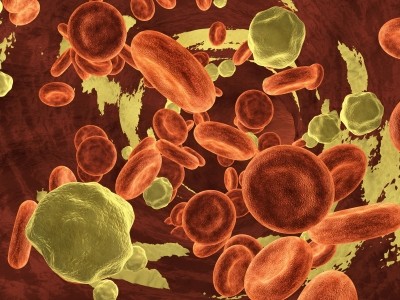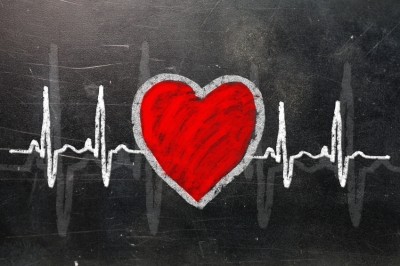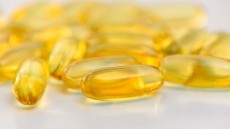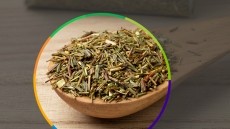Four cups of coffee a day can reduce heart failure risk, say researchers

Research published in the American Heart Association’s journal of Circulation Heart Failure found that while excessive coffee indulgence may still lead to serious heart problems, a few cups a day may in fact protect against heart failure.
Moderate consumption
Lead researcher Murray Mittelman said: "While there is a commonly held belief that regular coffee consumption may be dangerous to heart health, our research suggests that the opposite may be true."
"We found that moderate consumption — which we define as the equivalent of about two typical American coffee shop beverages — may actually protect against heart failure by as much as 11%."
The study said that two American coffees was the equivalent to four North European servings.
Mittelman and his co-authors called for current heart failure prevention guidelines, which suggest coffee can be risky for heart patients, should be revised in light of their findings.
Excessive consumption
However, the study warned that excessive consumption may still present a risk.
"On the other hand, excessive coffee drinking — five to six commercial coffee house cups per day has no benefit and may even be dangerous. As with so many things, moderation appears to be the key here, too," said Mittelman.
Excessive consumption by Northern European standards was defined as 10 coffees a day or four or five from American-style coffeehouse chains.
Method
The research was conducted by reviewing five studies on the link between coffee consumption and heart failure from 2001 to 2011. Four of the studies were conducted in Sweden and one in Finland.
Mittelman and his colleagues gave no definitive answer as to why coffee could reduce heart failure risk, but they said iregular drinkers may develop a tolerance to the drink’s caffeine content, which lowers the risk of high blood pressure.
Diabetes link
Other studies have linked coffee drinking to reduced risk of type 2 diabetes. [See HERE]
"Diabetes and hypertension are among the most important risk factors for heart failure, so it stands to reason that reducing one's odds of developing either of them, in turn, reduces one's chance of heart failure," said. Mittleman.
Source:
Circulation Heart Failure
DOI: 10.1161/CIRCHEARTFAILURE.112.967299
‘Habitual Coffee Consumption and Risk of Heart Failure: A Dose-Response Meta-Analysis’
Authors: Elizabeth Mostofsky, Megan S. Rice, Emily B. Levitan and Murray A. Mittleman















